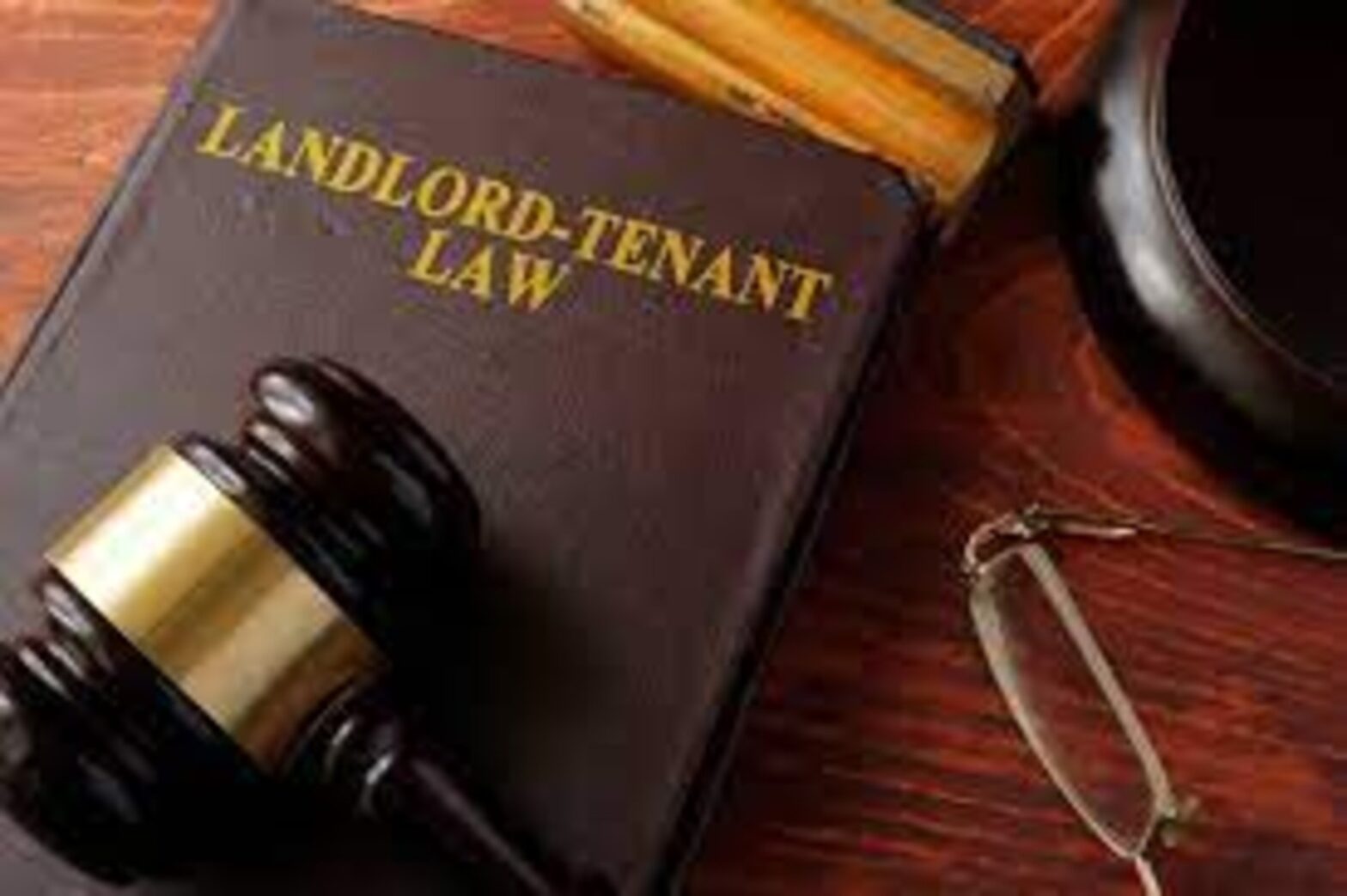Penalties For Violating Louisiana Landlord Tenant Law

If you’re a landlord or tenant in Louisiana, it’s important to be aware of the Louisiana landlord tenant law. This article will outline the rights and responsibilities of both landlords and tenants in Louisiana so that you can avoid any disputes. If a landlord or tenant violates these laws, they may be subject to penalties.
For landlords, it’s important to understand what you can and cannot do when it comes to evicting a tenant. And for tenants, knowing your rights can help ensure that you’re not taken advantage of by their landlord. So whether you’re a new landlord or tenant in Louisiana, or just looking to brush up on the law, this article is for you. In this blog post, we’ll take a closer look at what these penalties are and when they can be enforced.
The Penalties For Violating Louisiana Landlord Tenant Law
When it comes to Louisiana landlord-tenant law in Louisiana, the penalties for violating the law depend on the type of violation. For example, if a landlord does not provide tenants with their required disclosures—such as lead paint warnings—they can be fined up to $500 per violation. Likewise, if a tenant breaks their lease without proper notice or fails to pay rent on time, they can be liable for up to three months of unpaid rent plus late fees.
In addition, tenants who fail to comply with their leases or fail to maintain their units can be evicted by landlords. This is known as “constructive eviction” and it is often used when tenants are not adhering to the terms of their lease agreement. The penalty for constructive eviction is that the tenant must vacate the premises within five days or face further legal action from the landlord.
Finally, if a landlord retaliates against a tenant by increasing rent or decreasing services due to an unlawful activity (such as organizing a protest), he or she could face steep fines and other penalties such as being ordered to restore services or refund excess rent payments. Additionally, landlords should never retaliate against tenants by refusing reasonable repair requests or conducting unnecessary inspections because these actions are illegal in Louisiana.
What Are The Most Common Violations Landlords Make In Louisiana?
Landlords in Louisiana must comply with several state and federal laws. Many landlords make common mistakes that can lead to costly violations. Take an overview of the most common landlord violations in Louisiana.
1. Refusal To Make Repairs
One of the most common violations landlords make in Louisiana is refusing to make repairs to the rental property. Landlords are required by law to keep their rental properties in good repair and to make any necessary repairs promptly. If a landlord refuses to make repairs, the tenant may be able to withhold rent or terminate the lease.
2. Illegal Entry
Another common violation landlords make is illegal entry into a rental property. Landlords are only allowed to enter the property for specific reasons, such as making repairs or showing the property to prospective tenants. If a landlord illegally enters the property, the tenant may be able to sue for damages.
3. Failure To Provide Essential Services
Landlords are also required to provide essential services, such as heat, water, and electricity. If a landlord fails to provide these services. The tenant may be able to withhold rent or terminate the lease.
4. Discrimination
Discrimination is another common violation landlords make in Louisiana. Landlords are prohibited from discriminating against tenants based on race, religion, national origin, gender, or disability. A tenant may be entitled to seek damages from a landlord. If it is determined that the landlord discriminated against them.
5. Retaliation
Finally, retaliation is common violation landlords make in Louisiana. Landlords are prohibited from retaliating against tenants who complain about violations of their rights. If a landlord is found to have retaliated against a tenant, the tenant may be able to sue for damages.
How Can Tenants Protect Themselves From Landlords Who Violate The Law?
Renting an apartment or house can be a stressful experience, but it can be even more troublesome when your landlord violates the law. Many tenants are not aware of their rights under Louisiana law and do not know what to do when their landlord breaks the rules. In this blog post, we will discuss some of the ways that tenants can protect themselves from landlords who violate the law.
1. Know Your Rights
The first step in protecting yourself from a landlord who violates the law is to know your rights. Every state has different laws governing the relationship between landlords and tenants. So it’s important to be familiar with the laws in your state. You can find out what your rights are by reading your state’s landlord-tenant law or by contacting a local tenants’ rights organization.
2. Keep Records Of Everything
If you believe your landlord is violating the law, it’s important to keep records of everything that happens. This includes keeping copies of all communications with your landlord. Whether they’re written or oral. It’s also a good idea to take pictures or videos of any problems with your rental unit. Such as mold or water damage. Keeping records will help you build a strong case if you need to take legal action against your landlord.
3. Know When To Contact A Lawyer
There are some situations where it’s advisable to contact a lawyer. Such as if you’ve been served with an eviction notice or if you believe your landlord is illegally entering your rental unit. In general, though, you should only contact a lawyer. If you’ve tried to resolve the problem with your landlord and haven’t been successful.
4. Be Prepared To Move
Unfortunately, there are some circumstances where leaving your rental home is the only way to protect yourself from a bad landlord. Give yourself ample time to find a new place to live if you find yourself in this scenario so you don’t become homeless. Additionally, be sure that all of your possessions are packed and prepared to depart so that you may leave right away if necessary.
5. File A Complaint With The Appropriate Agency
When all other options have failed, you might need to lodge a complaint with the relevant government agency. This could be the neighborhood police department, the district attorney’s office, or a state or federal organization that oversees landlords, depending on the circumstance.
Conclusion
Understanding Louisiana Landlord Tenant Law is essential for both landlords and tenants to ensure compliance with all regulations outlined in the state’s statutory codes. Knowing what constitutes a violation of these laws and understanding the potential consequences. It can help protect all parties involved in rental agreements from any unwanted legal ramifications related to noncompliance with these statutes. It is important that both landlords and tenants understand their rights and obligations under the law. So that everyone has peace of mind when entering into a rental agreement. By knowing what you are responsible for, you can ensure that you remain compliant. With all applicable laws and avoid any potential penalties associated with violations thereof.













